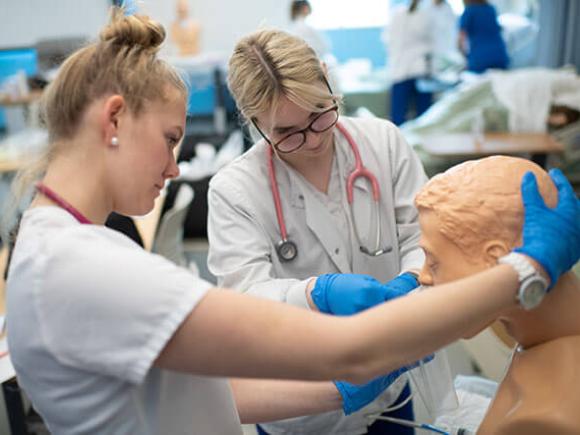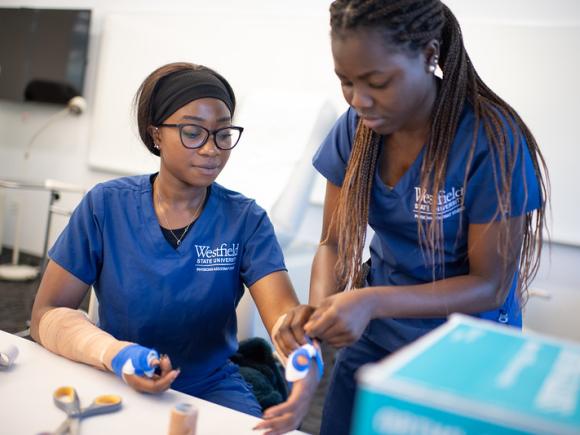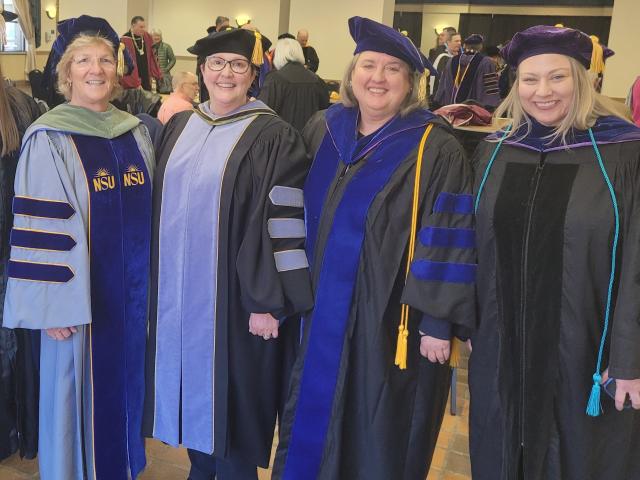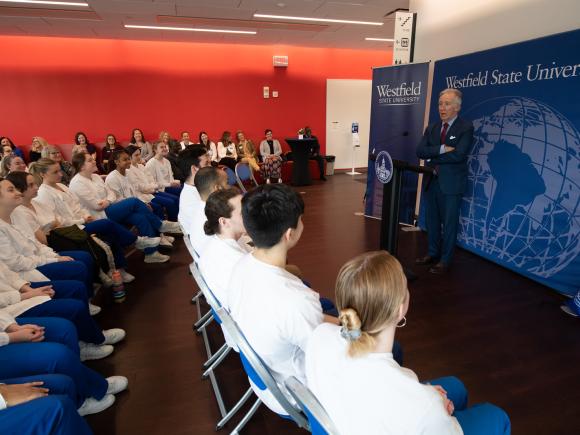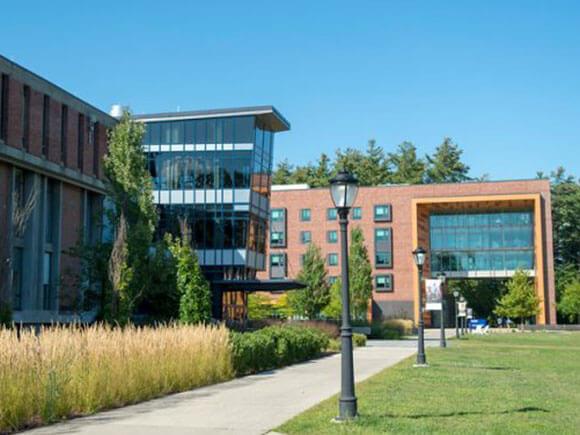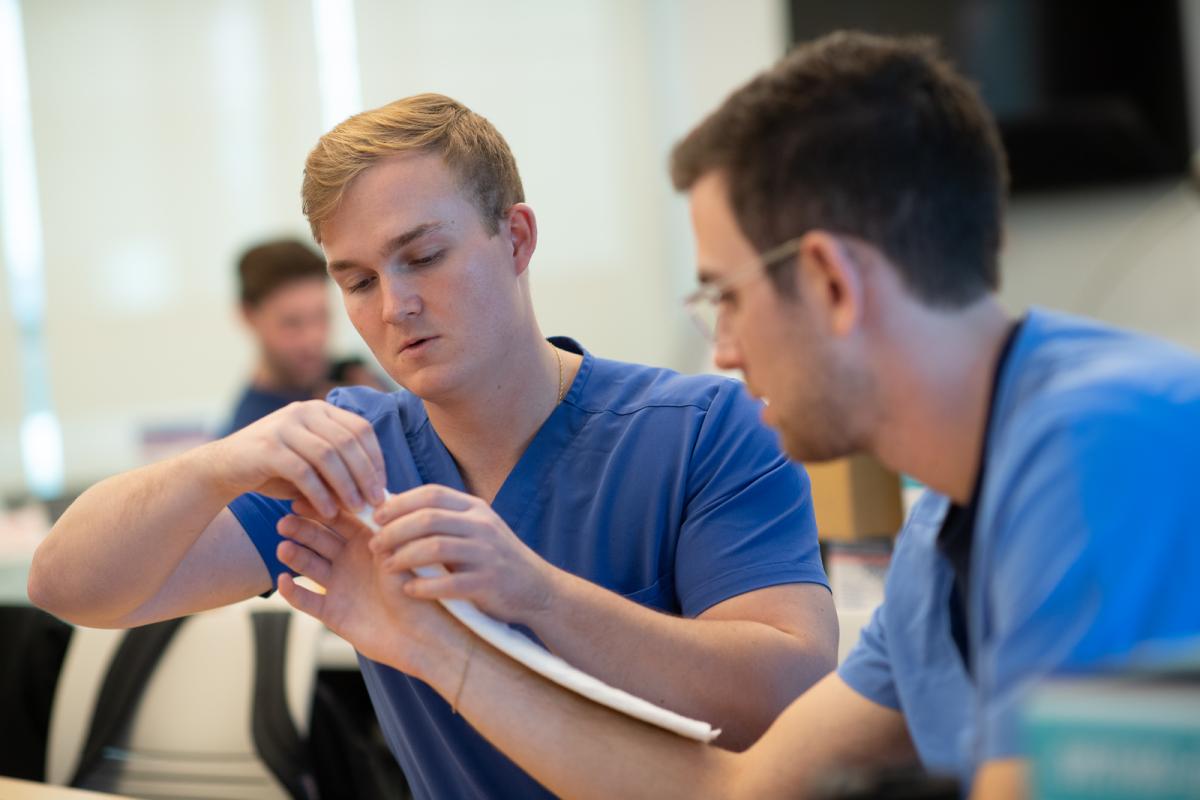
As a health science major, you’ll develop the knowledge and skills you need to enter a professional healthcare career or a graduate program. Our core curriculum builds on a foundation of pre-requisite sciences and a rigorous course of study grounded in patient-centered care and team-based problem-solving. You’ll benefit from a personalized program of study that focuses on your career path.
Available Concentrations:
Clinical
Our health science degree is designed to prepare you for graduate study in specific healthcare majors such as Physician Assistant, Occupational Therapist, Physical Therapist, Prosthetics, or Public Health.
Community Health
You’ll be prepared for diverse careers within in-demand healthcare settings working in community health departments, medical settings, long-term care facilities, wellness environments, or healthcare management patient care departments.
Gerontology
Develop a better understanding of the physical, social, and psychological aspects of aging. You’ll learn the skills you need to work with an older population. The courses in the concentration are designed to help you prepare for careers within long-term care facilities or go into graduate school for specialized training in healthcare and/or gerontology.
Occupational Therapy Assistant
Explore our innovative Occupational Therapy Assistant concentration, supported by Candidacy Status from ACOTE, ensuring a high-quality education. Immerse yourself in hands-on experiences across various settings, from hospitals to schools, collaborating with professionals to craft personalized treatment plans. Develop vital communication skills for effective patient care coordination.
